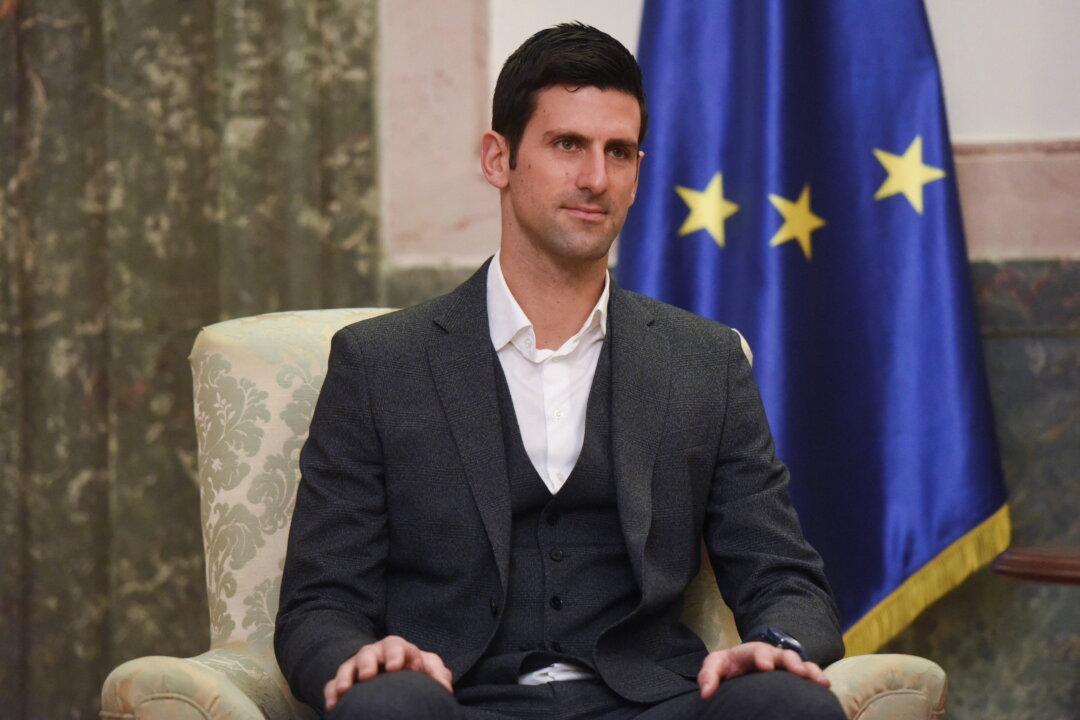Novak Djokovic is facing an estimated legal cost of up to $360,000 for his visa cancellation saga in Australia, but the final figure has yet to be announced, a Senate estimates hearing revealed on Monday night.
The Department of Home Affairs was ordered to pay the legal costs for the first Federal Court matter after the judge revoked the Australian government’s decision to cancel the unvaccinated tennis star’s visa.




